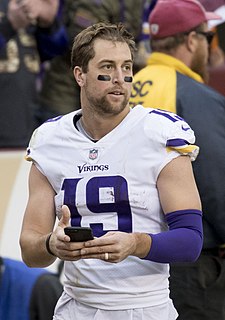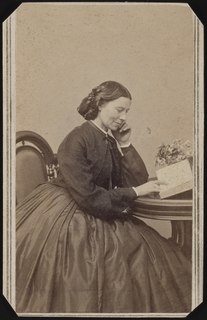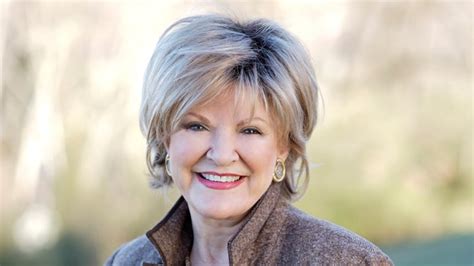A Quote by Jeff Van Gundy
There is a goodness about Yao that is unique, that never left him through all the pain and injuries and disappointments that accompanied his unprecedented accomplishments and successes.
Related Quotes
Shaw does not merely decorate a proposition, but makes his way from point to point through new and difficult territory. This explains why Shaw must either be taken whole or left alone. He must be disassembled and put together again with nothing left out, under pain of incomprehension; for his politics, his art, and his religion - to say nothing of the shape of his sentences - are unique expressions of this enormously enlarged and yet concentrated consciousness.
I promised I'd save him, take him home! I promised him!" . . . Thomas hugged Chuck to his chest, squeezed him as tightly as possible, as if that could somehow bring him back, or show thanks for saving his life, for being his friend when no one else would. Thomas cried, wept like he'd never wept before. His great, racking sobs echoed through the chamber like the sounds of tortured pain. (pg 358 hardback)
Pain held no terror for him. Pain was, if not friend, then family, something he had grown up with in his crèche, learning to respect but never yield to. Pain was simply a message, telling him which limbs he could still use to slaughter his enemies, how far he could still run, and what his chances were in the next battle.
From what has been said we can clearly understand the nature of Love and Hate. Love is nothing else but pleasure accompanied by the idea of an external cause: Hate is nothing else but pain accompanied by the idea of an external cause. We further see, that he who loves necessarily endeavors to have, and to keep present to him, the object of his love; while he who hates endeavors to remove and destroy the object of his hatred.
I judge a man by his actions with men, much more than by his declarations Godwards - When I find him to be envious, carping, spiteful, hating the successes of others, and complaining that the world has never done enough for him, I am apt to doubt whether his humility before God will atone for his want of manliness.
For here we are so blind and foolish that we never seek God until he, of his goodness, shows himself to us. It is when we do see something of him by his grace that we are stirred by that same grace to seek him, and with earnest longing to see still more of his blessedness. So I saw him and sought him; I had him and wanted him. It seems to me that this is and should be an experience common to us all.
When Christ was about to leave the world, He made His will. His soul He committed to His father; His body He bequeathed to Joseph to be decently interred; His clothes fell to the soldiers; His mother He left to the care of John; but what should He leave to His poor disciples that had left all for Him? Silver and gold He had none; but He left them that which was infinitely better, His peace.




































